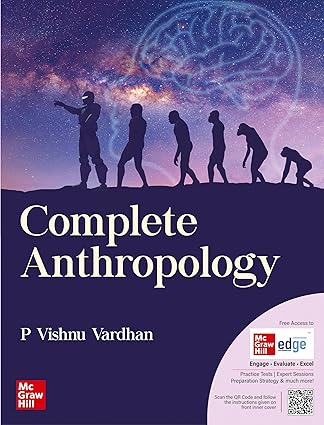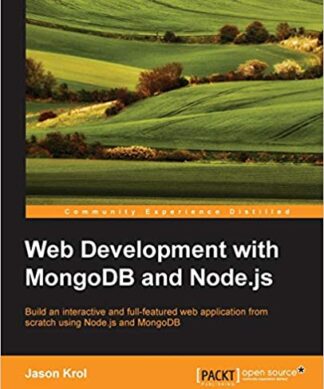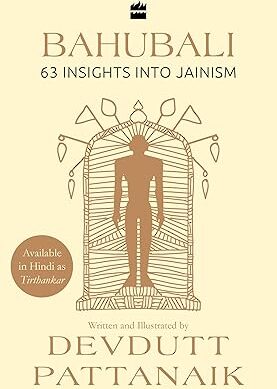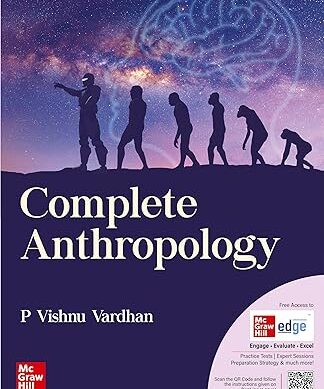Description
McGraw Hill Edge:
With this book, you get access to McGraw Hill Edge – a digital platform with high-quality learning resources that provides you the edge to excel at your exams.
On the McGraw Hill Edge platform, you can access comprehensive study materials and exam preparation strategies, all designed to enhance your preparation and give you the winning edge. Moreover, its mobile and web app interface makes learning convenient and accessible! Follow the instructions given in the book to get access.
Salient Features:
⚱️ Comprehensive coverage of the UPSC syllabus of Anthropology.
⚱️ Maps, tables, flowcharts, relevant examples, box matter and diagrams for better comprehension.
⚱️ Includes detailed discussion on important topics by several Anthropologists.
⚱️ UPSC main examination previous years’ questions on Anthropology at the end of every chapter.
Table of Contents:
Paper I
Chapter 1: Meaning, Scope, and Development of Anthropology
Chapter 2: Relationships with Other Disciplines
Chapter 3: Main Branches of Anthropology
Chapter 4: Human Evolution and Emergence of Man
Chapter 5: Characteristics of Primates
Chapter 6: Phylogenetic status, Characteristics and Geographical Distribution of Several Species
Chapter 7: The Biological Basis of Life
Chapter 8: Principles of Prehistoric Archaeology and Cultural Evolution
Chapter 9: The Nature of Culture
Chapter 10: The Nature of Society
Chapter 11: Marriage
Chapter 12: Family
Chapter 13: Kinship
Chapter 14: Economic Organization
Chapter 15: Political Organization and Social Control
Chapter 16: Anthropological Approaches to the Study of Religion
Chapter 17: Anthropological Theories
Chapter 18: Culture, Language and Communication
Chapter 19: Research Methods in Anthropology
Chapter 20: Human Genetics: Methods and Application
Chapter 21: Mendelian Genetics
Chapter 22: Concept of Genetic Polymorphism and Selection
Chapter 23: Chromosomes and Chromosomal Aberrations in Man
Chapter 24: Race and Racism
Chapter 25: Age, Sex, and Population Variation as Genetic Marker
Chapter 26: Concepts and Methods of Ecological Anthropology
Chapter 27: Epidemiological Anthropology
Chapter 28: Concept of Human Growth and Development
Chapter 29: Relevance of Menarche, Menopause, and other Bio-events to Fertility
Chapter 30: Demographic Theories
Chapter 31: Biological and Socio-ecological Factors Influencing Fecundity, Fertility, Natality and Mortality
Chapter 32: Applications of Anthropology
Paper-II Chapter 1: Evolution of the Indian Culture and Civilisation
Chapter 2: Palaeo-Anthropological Evidences From India
Chapter 3: Ethno‐archaeology in India
Chapter 4: Demographic Profile of India
Chapter 5: The Structure and Nature of Traditional Indian Social System
Chapter 6: Caste System in India
Chapter 7: Sacred Complex and Nature-Man-Spirit Complex
Chapter 8: Impact of Buddhism, Jainism, Islam, and Christianity on Indian Society
Chapter 9: Emergence and Growth of Anthropology in India
Chapter 10: Indian Village
Chapter 11: Linguistic and Religious Minorities and their Social, Political, and Economic Status
Chapter 12: Indigenous and Exogenous Processes of Socio-cultural Change in Indian Society
Chapter 13: Tribal Situation in India
Chapter 14: Problems of the Tribal Communities
Chapter 15: Developmental Projects and Their Impact on Tribal Displacement
Chapter 16: Problems of Exploitation and Deprivation of SCs, STs and OBCs
Chapter 17: Social Change and Contemporary Tribal Societies
Chapter 18: The Concept of Ethnicity
Chapter 19: Impact of Hinduism, Buddhism, Christianity, Islam, and Other Religions on Tribal Societies
Chapter 20: Tribe and Nation State
Chapter 21: History of Administration of Tribal Areas
Chapter 22: Role of Anthropology in Tribal and Rural Development
Chapter 23: Contributions of Anthropology to the Understanding of Regionalism, Communalism and Ethnic and Political Movements.

















Reviews
There are no reviews yet.